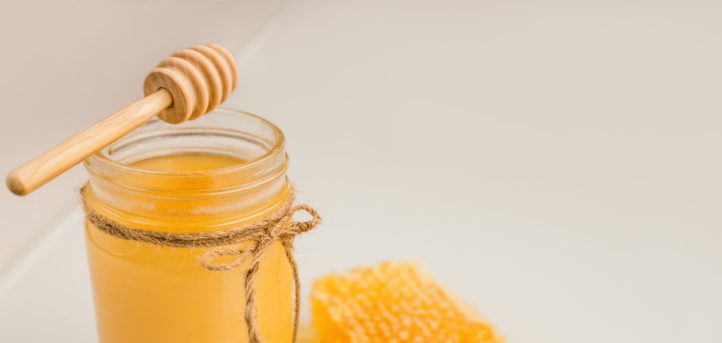Francesca Giampieri, Researcher at the Laboratory of Food, Biochemical Nutrition, and Health of the Universidad Europea del Atlántico (European University of the Atlantic, UNEATLANTICO), takes part in a study that evaluates the anti-biofilm activity of stingless bee honey against resistant pathogens.
The application of stingless bee honey as an alternative medicine for wound healing, colds, and numerous other infectious diseases of the throat is widely known. However, little is known about its antimicrobial effects and pharmaceutical applications. This type of honey production is low; therefore, it is usually used for medical rather than food purposes.
The antibacterial properties of this honey are due to its low pH, high osmolarity, low water content, and certain antioxidant compounds such as flavonoids. These properties are divided into peroxide and non-peroxide. A large part of the antibacterial action of this honey is attributed to the activity of hydrogen peroxide, which produces highly reactive free radicals that interact with and damage pathogens.
Recent studies have shown that stingless bee honey has a stronger antimicrobial effect compared to honey from domestic bees. Even in strains of multidrug-resistant (MDR) bacteria, in various species of fungi of clinical interest and agricultural importance. However, little is known about their impact on biofilms, which are often linked to more virulent infections resistant to traditional therapies, mainly in patients with chronic wounds, prostheses, burns, or diabetes.
Therefore, the objective of this research was to evaluate the antibiofilm activity of honey samples from Ecuadorian stingless bees against multidrug resistant pathogens by means of biomass, fluorescence, and scanning electron microscopy assays.
Research results
The study showed the effectiveness of stingless bee honey in inhibiting the formation of biofilms caused by gram-positive, gram-negative pathogens and yeasts, showing biofilm inhibition of up to 80% in the biomass. Likewise, significant differences were observed in the polyphenolic profile of the honey samples in terms of qualitative profiles.
If you want to know more about this fascinating study, click here.
For further research, check the UNEATLANTICO repository.
The European University of the Atlantic (UNEATLANTICO) offers a degree program in Human Nutrition and Dietetics.


